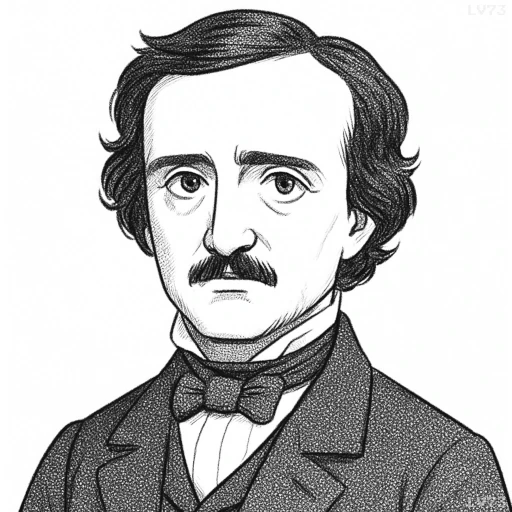“A strong argument for the religion of Christ is this – that offences against Charity are about the only ones which men on their death-beds can be made – not to understand – but to feel – as crime.”

- January 19, 1809 – October 7, 1849
- American
- Novelist, poet, critic
table of contents
Quote
“A strong argument for the religion of Christ is this – that offences against Charity are about the only ones which men on their death-beds can be made – not to understand – but to feel – as crime.”
Explanation
In this quote, Edgar Allan Poe reflects on the transformative power of Christian teachings, particularly in relation to the virtue of charity. He suggests that offenses against charity—actions that harm others or fail to show compassion—are the only crimes that, when faced at the end of life, can truly be felt as immoral, rather than simply understood as wrong. This implies that the true weight of charitable actions and their violations is not always comprehended through intellectual reasoning but through emotional awareness when confronting the inevitable reality of death.
Poe was writing in the 19th century, a time when Christian morality was a significant influence on Western culture, and he often grappled with themes of sin, redemption, and the human soul. His assertion that charity is the most profound measure of a person’s moral character reflects both the Christian doctrine of love and the human condition—suggesting that the awareness of moral failings becomes clearer in the face of mortality. This argument speaks to the idea that love and charity are not abstract concepts but deeply human experiences that connect us to our fellow beings.
In contemporary society, this quote can be interpreted as a reminder of the importance of compassion and empathy. In today’s fast-paced, often impersonal world, acts of charity and kindness can be undervalued or overlooked. However, as Poe suggests, it is only in the final moments of life that many people realize the true moral weight of how they have treated others, especially in terms of emotional and compassionate connections. For instance, someone who may have lived a life focused on material success may feel a profound sense of regret if they have neglected acts of kindness and charity, recognizing these as the ultimate measure of their life’s worth.
Would you like to share your impressions or related stories about this quote in the comments section?




